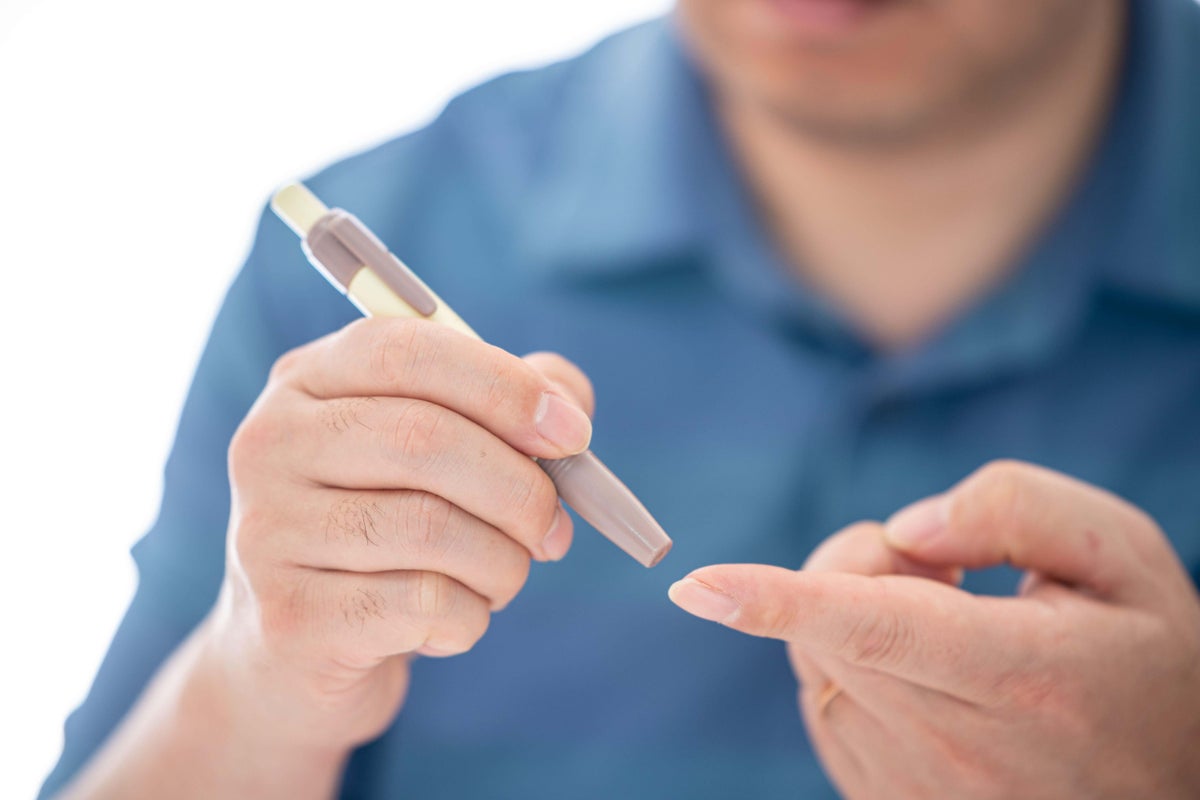Your support helps us to tell the story
From reproductive rights to climate change to Big Tech, The Independent is on the ground when the story is developing. Whether it’s investigating the financials of Elon Musk’s pro-Trump PAC or producing our latest documentary, ‘The A Word’, which shines a light on the American women fighting for reproductive rights, we know how important it is to parse out the facts from the messaging.
At such a critical moment in US history, we need reporters on the ground. Your donation allows us to keep sending journalists to speak to both sides of the story.
The Independent is trusted by Americans across the entire political spectrum. And unlike many other quality news outlets, we choose not to lock Americans out of our reporting and analysis with paywalls. We believe quality journalism should be available to everyone, paid for by those who can afford it.
Your support makes all the difference.Read more
The UK lags behind other high-income countries when it comes to the diagnosis of diabetes, a new study suggests.
Just under three-quarters (74.2%) of people with diabetes are estimated to have been diagnosed in the UK, compared with an average of 79.5% for all high-income nations.
In Canada, some 86% of cases have been diagnosed, while diagnosis rates in the US stand at around 82.8%, according to a study comparing the detection and treatment rates of diabetes in countries around the world.
Researchers, led by academics at the University of Washington in Seattle, in the US, estimated that in 2023, some 77.5% of patients aged 15 and over in western European countries had received a diagnosis.
Among western European countries, only Switzerland and France had lower diagnosis rates than the UK.
Researchers pointed out how complications linked to diabetes “can be averted with timely and appropriate diagnosis”.
Globally, some 55.8% of people living with diabetes were diagnosed, researchers found, with 91.4% of people with diagnosed diabetes receiving treatment and 41.6% of people receiving treatment in control of their blood sugar levels – also known as glycaemic control.
The data for 2023, revealed that 88.5% of those diagnosed in the UK were receiving treatment.
And just over a third (36.2%) of these were reported to be in control of their blood sugar levels.
“We find major gaps in diagnosing, treating, and managing diabetes globally, with substantial variation between countries,” the authors of the report wrote in the journal Lancet Diabetes and Endocrinology.
“Despite improvements over the past two decades, underdiagnosis and suboptimal glycaemic management of diabetes remain major challenges globally, particularly in low-income and middle-income countries.
“These findings highlight the urgent need for enhanced strategies and capacity building to improve the detection, treatment, and management of diabetes worldwide.”
The study did not differentiate between diabetes type.
Nikki Joule, policy manager at Diabetes UK, said: “Despite improvements over the last 20 years, underdiagnosis of type 2 diabetes remains a major challenge in the UK, particularly in young people.
“Because symptoms can be subtle and slow to develop, type 2 diabetes can remain hidden for years.
“Without a timely diagnosis, dangerously high blood sugar levels go untreated, increasing the risk of serious and life-threatening complications.
“With one in five adults now living with diabetes or prediabetes in the UK, this research shows there is still a long way to go in improving the diagnosis and treatment of this serious condition.”
